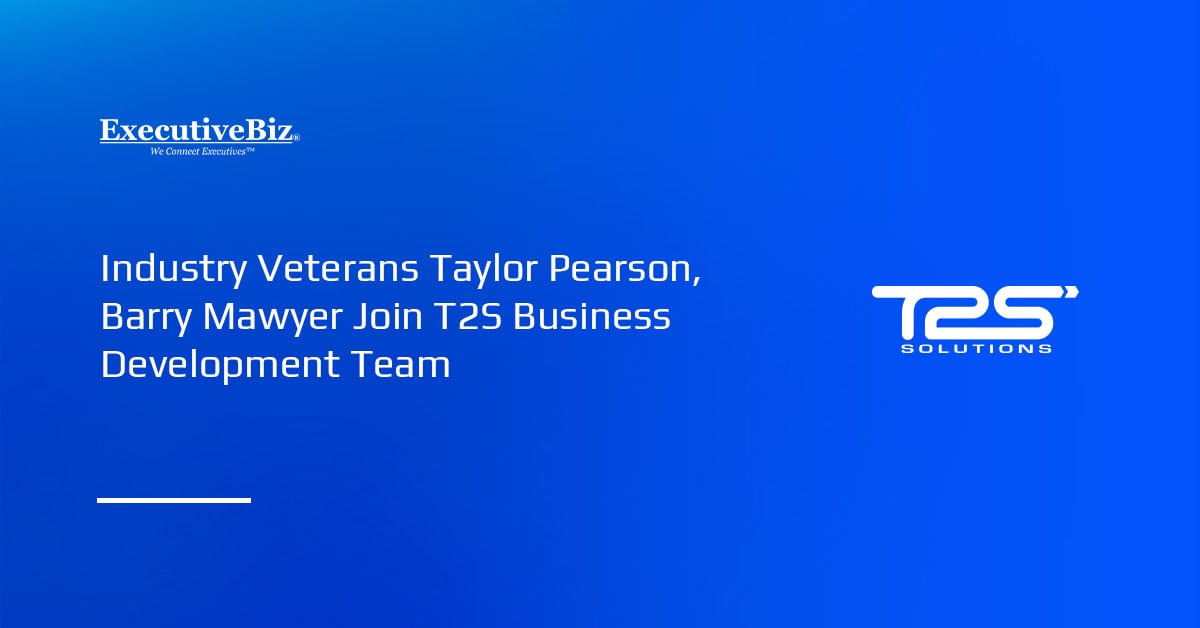Rob Bocek, chief revenue officer at Virtualitics, is seeing reluctance about scaling the use of artificial intelligence in the government and military.
Speaking on the Federal Tech Podcast by The Oakmont Group, the official said AI is unlike any other types of technologies because it “best served when you let it scale.”
However, he pointed out that applying AI at scale and speed is more complicated in the government and military compared to the commercial sector.
“Well, it’s one thing if you run Rob’s Donut Shop and you speed innovation and something goes wrong,” he said as an example. “Another thing if you’re dealing with the Air Force or the Space Force.”

Join government leaders and industry experts discuss the use of AI and other emerging technologies to protect the nation at the Potomac Officers Club’s 2025 Homeland Security Summit on Nov. 12. The in-person event will feature panels on challenges,and opportunities created by the growing global competition, as well as networking opportunities. Buy your tickets to the highly anticipated GovCon event today!
Finding the Balance Between Setting Up Guardrails and Scaling
According to the official, organizations must put up guardrails and security protocols, but also allow the AI model to learn and scale to quickly get a return on investment.
He noted that U.S. adversaries, particularly China, are fully embracing AI. Unlike the U.S., which relies on efforts such as the Pathfinder to accelerate capability acquisition, China is “moving forward at speed, at scale.”
Bocek also emphasized the need for operators to trust AI, which requires an understanding of the technology, what data the models are being trained on and why certain recommendations are surfaced the way they are.
Challenges Slowing AI Procurement
At The Frontiers of AI for Readiness, a conference hosted by Virtualitics in September, Bocek shared that Gen. B. Chance Saltman, chief of space operations at the Space Force and a three-time Wash100 winner, spoke about acquisition reform.
The Virtualitics executive explained that procurement is “one of the biggest blockers in the adoption” of AI in government and military. While he recognizes progress in improving the procurement process, more can be done.
“We got to get out of the mindset of small Pathfinder, small pilot efforts,” he stated. “We know the problems that we’re trying to solve for. Now we need to embrace them and move forward.”





